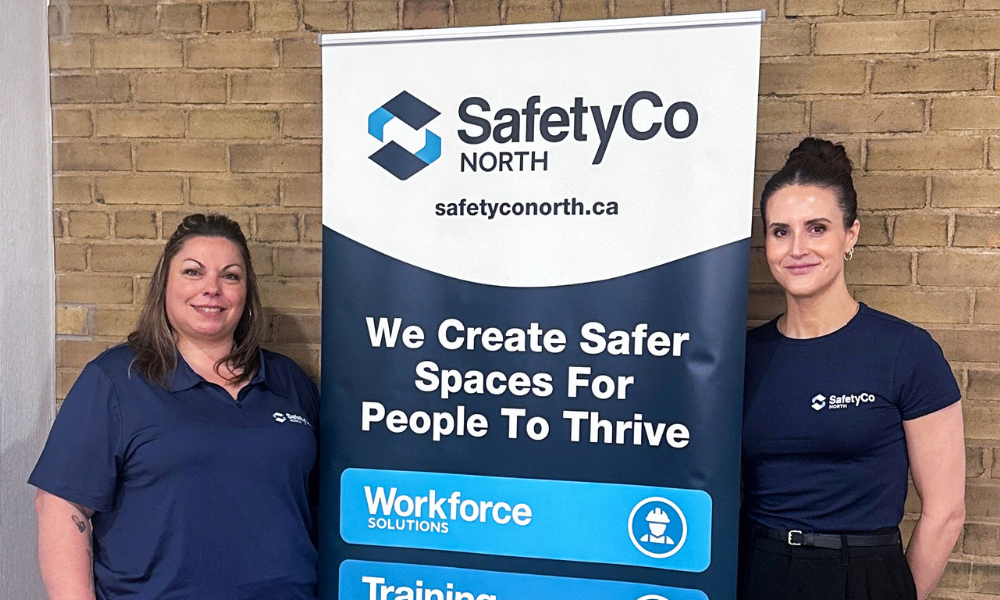There is also a host of questions surrounding H1N1, including, “Is it really that bad?” “What does it mean?” And, “Can I really lose up to 40 per cent of my workforce due to the flu?”
I recently attended a seminar where the possible business and insurance implications of H1N1 influenza led to the discussion of the flu and workers’ compensation reporting. The questions surrounding this topic included: “Is this really a workers’ compensation issue?” and “Do you mean that every time somebody reports a sniffle that I will have to report to the compensation board?” These are very valid questions and something that employers may not have thought about.
The Alberta Workers’ Compensation Board has released an Employer Fact Sheet that covers many of the questions surrounding H1N1 with respect to workers’ compensation benefits (http://www.wcb.ab.ca/employers/employers_facts.asp). One of the first things it states is:
When a worker contracts H1N1 influenza as a direct result of employment, the worker is entitled to compensation if the following conditions are met:
• The nature of employment involves sufficient exposure to the source of infection; and
• The nature of the employment is shown to be the cause of the condition; or
• The nature of employment creates an increased risk of exposure for the worker.
The fact sheet provides examples of where H1N1 would likely be work-related, i.e. for an acute-care hospital worker who treats patients that are coming in for treatment for H1N1. These workers are at greater risk than the general public of contracting the disease.
On the other side of the equation, a cafeteria worker at a hospital who contracts H1N1 would likely not be considered to have a work-related condition as their job does not directly relate to looking after sick people, even though they may sometimes come into contact with them. The same would apply to a grocery store clerk. Their job puts them into contact with many people, but not specifically with sick people.
The main thing for employers to remember with respect to H1N1, as with any occupational disease or claim for compensation benefits, is that in order for workers to be entitled to benefits, the illness must have arisen out of and in the course of their employment. There must be a substantial work-related component involved.
That being said, bear in mind that whether a worker is likely to be entitled to benefits or not is a different matter than whether or not an employer should report to the compensation board. As with any other claim, the compensation board will determine if the exposure to the disease arose out of the employment and whether there is entitlement to benefits for health care and/or lost wages.
Should an employer disagree with a decision by the compensation board, they will have the right to appeal that decision.
So when should you report a case of H1N1 to the compensation board?
As with any claim, there must be an injury or illness, health care and/or lost time for there to be a reporting requirement. The Alberta Workers’ Compensation Board has indicated that if your staff is at greater risk at work than the general public, and also lose time from work due to H1N1, then a report should be made to the compensation board.
The fact sheet indicates that if staff is not at a greater risk of infection than the general public, and believe that they have caught the H1N1 influenza from a co-worker or a client, a report need not be made. Conversely, if an employer sends workers home due to high risk of exposure, but there are no illnesses, a report need not be made.
A work-related illness must be present in order for a claim to be made. An increased risk of exposure due to the nature of the employment is an important consideration in these cases. Many of us are exposed to many different people throughout the day – taking public transit, in the food court, elevator, in the gym or out on the street. The work-relatedness of the exposure is really at the crux of this issue.
Employers with workers who have lost time from work due to H1N1 influenza and who are unsure of whether or not they should report, should contact their respective compensation board to confirm whether or not a report is required. While there are no penalties for inquiries, there are often administrative penalties and/or a potential for prosecution for late reporting of claims.
Timely reporting is something that should always be observed.
---------------------------
David Marchione is an OHS consultant and paralegal with Toronto-based law firm Gowlings. You can contact him at [email protected] or through the firm’s website www.gowlings.com/ohslaw.





